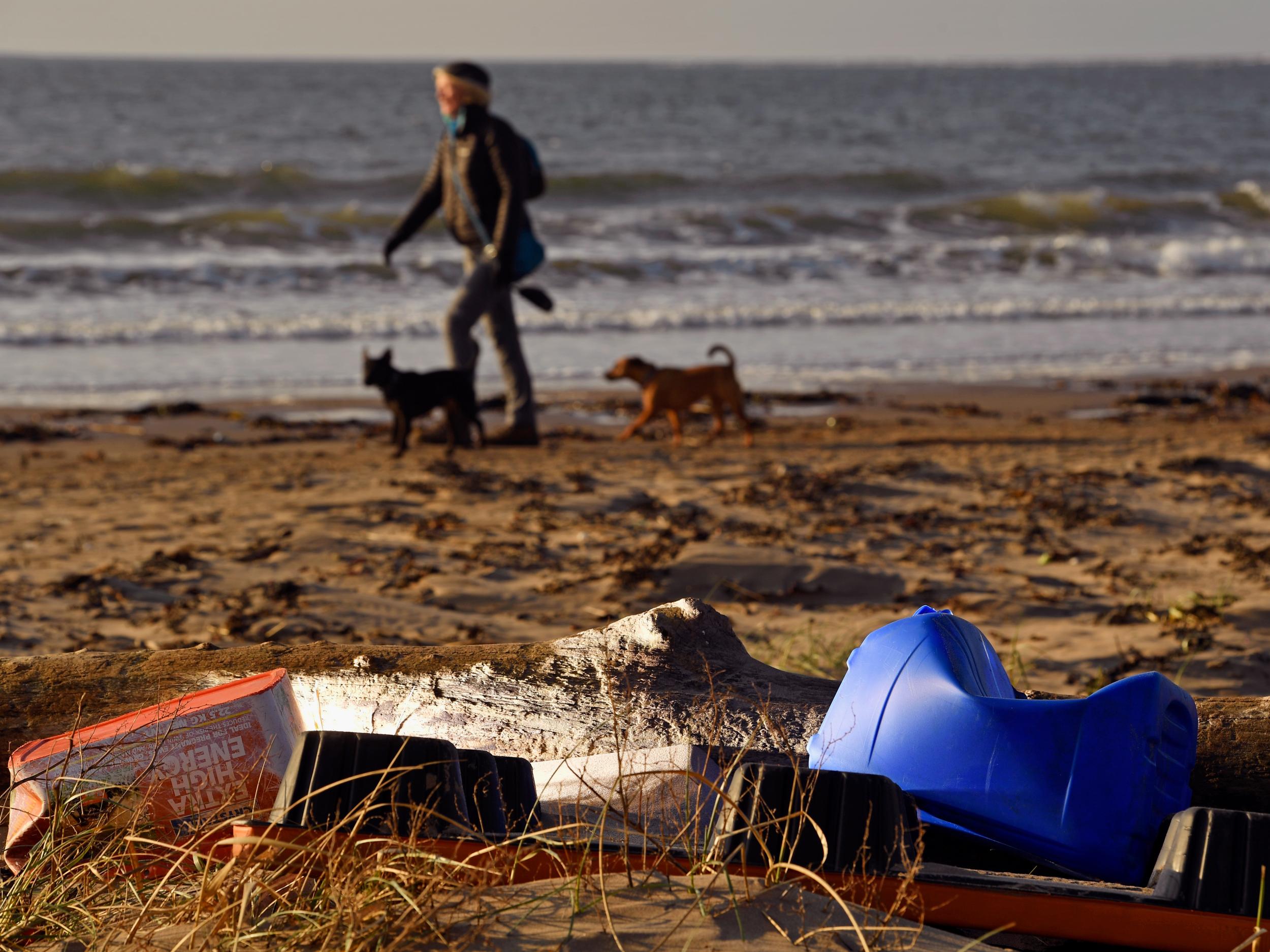Government promises £61m to tackle scourge of ocean plastic pollution with Commonwealth nations
'Two billion people around the world lack access to effective waste collection so much of the plastic they use ends up in our oceans'

Your support helps us to tell the story
From reproductive rights to climate change to Big Tech, The Independent is on the ground when the story is developing. Whether it's investigating the financials of Elon Musk's pro-Trump PAC or producing our latest documentary, 'The A Word', which shines a light on the American women fighting for reproductive rights, we know how important it is to parse out the facts from the messaging.
At such a critical moment in US history, we need reporters on the ground. Your donation allows us to keep sending journalists to speak to both sides of the story.
The Independent is trusted by Americans across the entire political spectrum. And unlike many other quality news outlets, we choose not to lock Americans out of our reporting and analysis with paywalls. We believe quality journalism should be available to everyone, paid for by those who can afford it.
Your support makes all the difference.The government has created a £61.4m war chest to fight the rising tide of plastic pollution in the world’s oceans.
Theresa May announced the fund as she prepared to call on 52 Commonwealth leaders to sign up to a strategy to help developing nations in the group to research and improve their waste management.
Four countries have already joined the UK in the Commonwealth Clean Oceans Alliance: New Zealand, Sri Lanka, Vanuatu and Ghana.
Downing Street said £25m of the fund would be used to help researchers investigate marine plastic from a scientific, economic and social perspective.
A further £20m will be used to curb plastic and other environmental pollution generated by manufacturing in developing countries and prevent it from entering the oceans.
The remaining £16.4m will be devoted to improving waste management at a national and a city level to stop plastics entering the water.
Following vocal public support for the issue, the government has in addition pledged to match pound-for-pound public donations to tackle plastic waste via the UK Aid Match scheme, up to a total of £5m.
The issue of plastic waste caused public outcry after Blue Planet II, narrated by Sir David Attenborough, highlighted the scale of the problem.
Speaking before a meeting of the Commonwealth Heads of Government in London next week, the prime minister said: “This week we will look closely at how we can tackle the many threats to the health of the world’s oceans, including the scourge of marine plastic pollution.
“As one of the most significant environmental challenges facing the world today, it is vital that we tackle this issue, so that future generations can enjoy a natural environment that is healthier than we currently find it.
“The UK public has shown passion and energy in the fight against plastic waste, and I believe the Commonwealth is uniquely placed to further this transformative action.
“It is a unique organisation with the strength and the commitment to make a difference.”
She added: “If we stand together, we have the opportunity to send not only a powerful message to the world, but also to effect real change.”
Britain, which is co-chairing the event with Vanuatu, will call on Commonwealth nations to follow the UK’s lead in banning microbeads and cutting down on single-use plastic bags.
WWF chief executive Tanya Steele said: “This alliance, and the leadership the UK government is showing through the Commonwealth, demonstrates that we’re committed to being part of a global solution.
“Two billion people around the world lack access to effective waste collection, so much of the plastic they use ends up in our oceans.
“Devoting UK international development money to help poor communities clean up and better manage their waste isn’t just good for nature, it’s good for people too.”
Press Association
Join our commenting forum
Join thought-provoking conversations, follow other Independent readers and see their replies
Comments